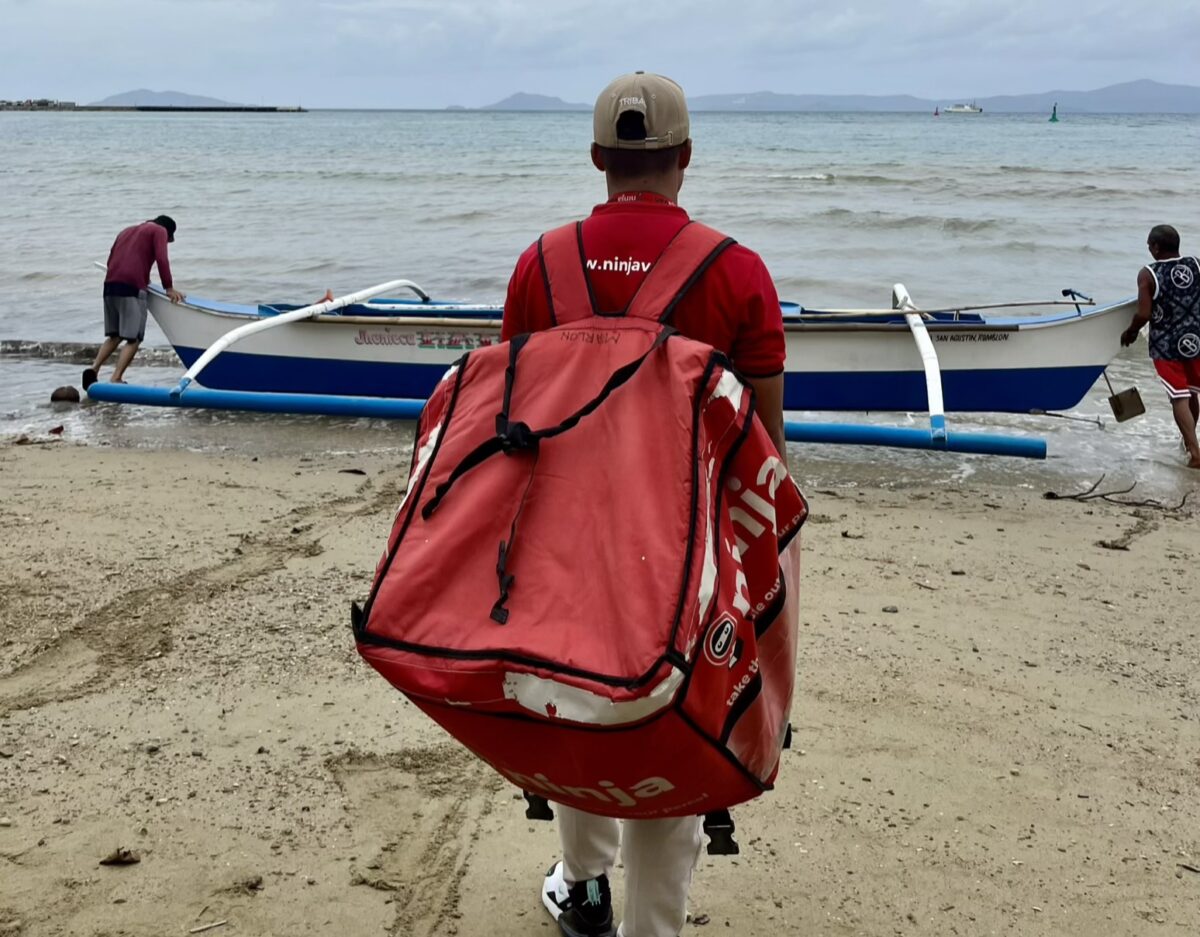
Once considered a remote frontier, Mindanao is now emerging as one of the Philippines’ fastest-growing economic powerhouses. With Northern Mindanao surpassing the ₱1-trillion GDP mark in 2024 and outpacing national growth at 6.0%, the region is proving its readiness for large-scale investment and trade. Its 42 ecozones and more than 100 active enterprises signal not just regional vitality, but a nationwide shift in business focus—beyond Metro Manila and Luzon.
Analysts project Mindanao as the next frontier for FMCG expansion by 2025, yet the region’s potential remains tightly linked to its logistical realities. Expansive terrain, scattered population centers, and inconsistent connectivity have long created barriers for businesses trying to reach consumers efficiently and consistently.
“Mindanao is open for business, but operational success depends on precision and presence,” said Ninja Van Philippines Country Head Vin Perez. “Growth comes not from being first, but from being reliable—especially in regions where logistics determine opportunity.”

Logistics as the Equalizer
Recent infrastructure developments—like the Davao International Airport and the Davao International Container Terminal—have created a backbone for trade, but the last-mile challenge persists. Few logistics players operate seamlessly across Mindanao’s complex terrain.
Ninja Van Philippines is among the select few bridging this divide. Its multimodal transport system now covers 95% of Mindanao (excluding Basilan), connecting parcels via integrated air and land routes. With around 2,500 active riders, the company ensures that goods move from ports to far-flung barangays with consistency and care.
“In Mindanao, speed, reliability, and adaptability define competitiveness,” Perez explained. “A logistics partner isn’t just a courier—it’s the lifeline that keeps businesses moving and customers satisfied.”

Technology Meets Local Insight
For many Manila-based companies, visibility remains a major gap. Long transit times and fragmented supply chains can lead to missed sales or inventory mismanagement. To address this, Ninja Van offers real-time tracking and centralized data visibility, allowing businesses to monitor every shipment across the archipelago.
But Perez emphasized that technology alone is not enough. True success lies in local understanding. Ninja Van’s riders—many born and raised in the communities they serve—navigate unmarked roads and unmapped barangays with ease. Their familiarity ensures faster, more accurate deliveries and lower rejection rates.
“Maps can’t capture the real terrain,” Perez noted. “Our people can. They know who to ask, which paths to take, and how to make sure every delivery reaches the right doorstep.”

By combining national infrastructure with grassroots expertise, Ninja Van is not just supporting Mindanao’s rise—it’s redefining how logistics drives inclusive growth. As the island strengthens its foothold in the national economy, reliable logistics will remain the bridge between promise and performance, ensuring that Mindanao’s progress reaches every Filipino doorstep.



Loading…